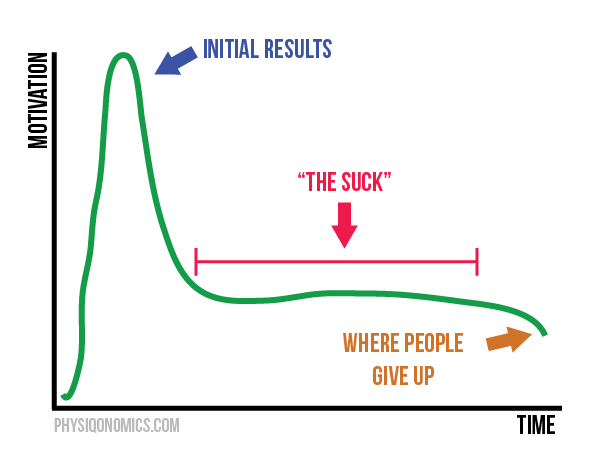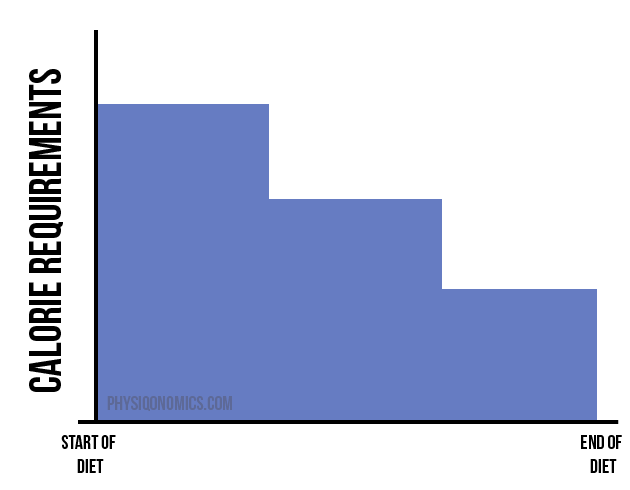I’ve been on strict Keto for 5 weeks, which still classes me as newbie in the forum. I lost 4 kg in the first 3 weeks, then one of them came back and now the scale sits defiantly stationary. And I’ve not lost a single mm anywhere on my body.
Here is my info, I’m a 48 year old woman, 165cm (5’5"), 104 kg (230lbs or 16 and half stone in old money). I’m eating between 1500-1700 kcals daily… net carbs 20-25g, protein 66-75g… It’s all clean keto whole foods, I live in Fiji so there’s a lot of coconut foods (oil, cream, chips, coconut/raw cocao fat bombs… IF is up to 16:8… working on increasing that to 20:4… but I’m doing this progression as hunger and eating to satiety allows… I’m being kind to myself. My sleeping has improved since starting keto (6-8 hours with a loo break). My stress levels are pretty low but I’m still human and living through the 2020 shit show like everyone else. I’m also moving from sedentary to lightly active… I’ve introduced walking 3 times a week, 45 mins with my heart rate in target fat burning zone. I yo-yo dieted for decades prior to this and my metabolism is probably pretty messed up, one calculator put me as having the metabolism of a 76 year old woman. Yeeeeesh.
So here’s the big question(s)… I think I’m doing everything right… now do I just wait for my body to get fat adapted? It seems that can take up to 5 months? How long will it take to get my insulin and leptin responses normalised?
Eating my way into health is SO counterintuitive, I can’t cope. This article has blown my mind… are we taking this guy seriously?? … because the rest of the internet is still focused on creating a calorie deficit… https://thefastingmethod.com/fix-broken-metabolism/
If your message is be patient padawan… I’ll happily oblige… but if I’m missing something and on the wrong track, please haaaalp! Thanks in advance.


